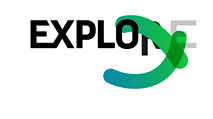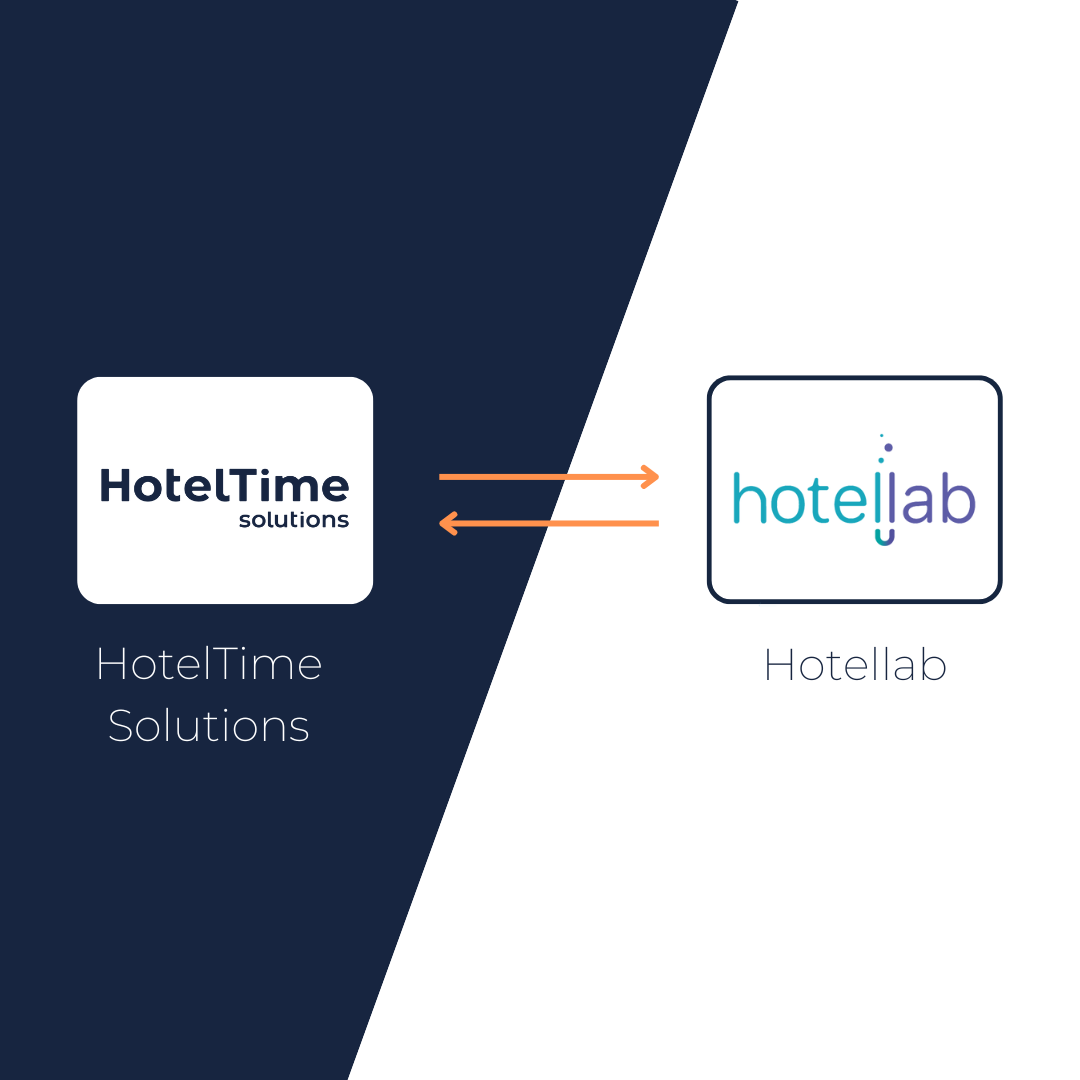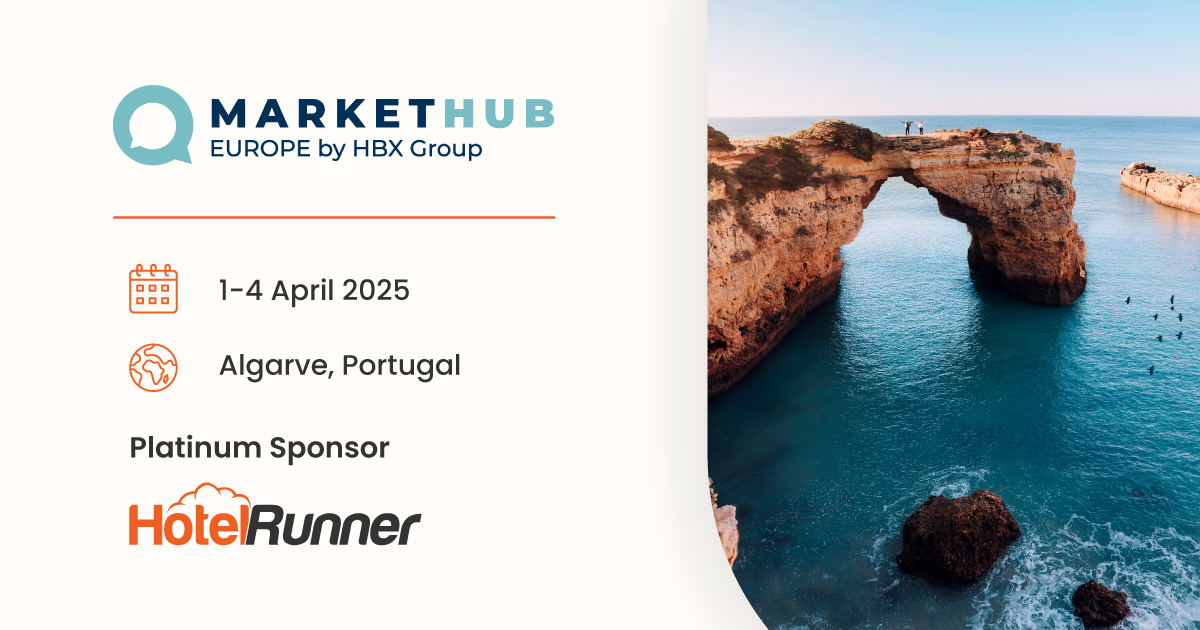

Make Smart Investments This Budget Season
Why ORM tools & social media are outdated advisors & how data-driven intelligence ensures sound investment decisions.
by Dr. Michael Toedt - Hoteltech Expert, Lecturer & Entrepreneur - August 2025
The New Budgeting Reality: Precision Over Guesswork
As the 2025/2026 budget season is runnig, hotels face an environment that demands sharper focus than ever before. Investment choices must no longer be guided by instinct, reputation dashboards, or social media noise, but by meaningful and reliable data.
The hospitality industry is entering a decade where precision, personalization, and compliance are the pillars of long-term success. Budgets need to reflect these realities, ensuring that every investment spent is directed toward strategies that truly strengthen competitiveness and future growth.
Picking the Right Budget and Investment Strategy
Each year, hotels begin the crucial process of preparing budgets for the coming year.
Beyond revenue forecasts and operational costs, the most impactful discussions focus on investment allocation: which technologies to adopt, which services to expand, which markets to target.
The temptation is great to rely on quick tools – ORM apps, social sentiment streams, or anecdotal interviews. But in 2025, these methods are unfit for purpose.
Why? Because they fail to provide a validated, contextualized view of your actual guests and revenue drivers.
At worst, they encourage “budget by guesswork,” and this explains why an estimated 50% of hotel investment decisions remain questionable – or outright damaging.
The hospitality industry no longer has the luxury to gamble. Instead, success requires structured, verifiable guest data and insights.
Moving Beyond Guesswork: Why Clean Data Matters
Albert Einstein once famously remarked: “God does not play dice with the universe.” Hoteliers should not play dice with multi-million-budgets either! Hotels that systematically collect, validate, and analyze their data dramatically reduce their risk of failure. In today’s competitive hospitality landscape, success requires moving beyond fragmented data and intuition: Hotels that integrate structured guest data intelligence gain significant advantages. They uncover true demand drivers, optimize pricing, and make confident investment decisions based on facts — not assumptions. Moving beyond guesswork is no longer a choice — it's a necessity for long-term profitability.
Yet, the sobering truth remains:
The number of hotel managers who can truly interpret their data correctly is still far too small. Each year, in lectures and workshops, when hotel executives and students are asked how they make budget decisions, only a handful provide answers grounded in robust analytics.
The lesson is clear:
Science and data form the foundation for smarter strategies. Budgets built on structured insights minimize risk, boost long-term profitability, and are rooted in knowledge — not assumption.
Let’s Kill Some Myths
Myth #1: Social Media Analytics Are Reliable Business Sources
This belief belongs to a different era. A decade ago, social media APIs provided broad access to user data, fueling the illusion that Facebook, Instagram, or X could serve as decision-making platforms.
Today, privacy regulations restrict access, algorithms filter content, and platforms prioritize advertising revenues over transparency. This makes relying on it for investments like building a house on sand.
While social media is useful for marketing, it cannot deliver insights about who your guests are or what they need most!
Myth #2: Online Reputation Management Systems Provide Strategic Insights
ORM tools certainly help consolidate reviews and track brand sentiment. They save time and even offer AI-powered text mining hence, for daily operations, they are practical. But let’s be honest: they cannot tell which renovation will deliver ROI, or how to segment your marketing budget.
ORM data is anonymous, non-representative, and often misleading when used beyond tactical brand management.
And once again, anonymity rules the day: without knowing the true identity and value of the reviewer, their input cannot serve as a compass for strategic planning!
Myth #3: Review Platforms work as Budget/Investment Guides
TripAdvisor, Google Reviews, and HolidayCheck were designed to help travelers compare hotels and restaurants – not to help managers allocate investment budgets. Their standardized questions apply the same criteria to every property worldwide, regardless of size, category, or target audience.
As a result, boutique hotels are measured with the same yardstick as large resorts or business chains.
This makes them useful for the guests, but rather irrelevant for hotels that require tailored intelligence!
Myth #4: Interviews With Guests Reveal the Truth
Yes, conversations with guests can spark valuable anecdotes. But they cannot replace representative, structured data. They are time-intensive, influenced by the interviewer, and often may not represent your core revenue base.
The problem is that interviews provide fragmented and subjective insights. A few outspoken guests can distort the overall picture, while the majority remain unheard. Without statistical relevance, such opinions risk leading to poor investment decisions.
To build a robust budget, you need thousands of verified data points collected systematically over time — ensuring decisions are based on facts, not anecdotes!
So, are we saying that all these tools, systems and approaches are completely useless?
Not at all. They all have their own individual purposes, to which their use should be confined.
The data you gather from them can, however, be used as ‘clues’ or signposts to individualize your own standard hotel questionnaires and, in turn, verify or falsify the assumptions drawn from the other sources.
Why Structured Questionnaires Are the Only Source of Truth
So, what is the alternative? The answer is both simple and powerful: a standardized, property-specific guest questionnaire, automatically distributed post-stay and linked to each guest profile. When linked correctly, the result is a validated, targeted view of what your most profitable segments actually want!
There are two key reasons why this approach stands apart:
1. Customization: The questionnaire reflects your hotel’s unique needs and services, avoiding irrelevant questions.
2. Authenticity: Responses come directly from real, recent guests – ensuring accuracy and timeliness.
But here’s the catch:
For maximum validity, the data must be tied to a single, centralized guest profile. Without this, surveys risk becoming just another anonymous dataset!
Let’s have a closer look:
For example, if 80% of your revenue comes from DINKS (double income, no kids), their feedback must weigh more heavily than that of occasional family guests. While all opinions matter, only those from your core segments should drive budget-critical decisions.
This kind of prioritization ensures investments are not only smart but also strategically aligned with revenue!
Get Even Closer to Einstein
To further reduce the risks of error and low-quality data, here are a two more crucial points to follow:
Use the Right Scale:
It is tempting to follow the example of sites such as TripAdvisor... BUT! Avoid the common 1–5 scale. Guests often choose the neutral “3.” Instead, use an even-numbered 10-point scale, forcing a decision between positive and negative. This provides clearer, more actionable results.
Combine Importance & Satisfaction:
Ask guests not just how satisfied they were, but also how important each aspect (room service, Wi-Fi, restaurant quality) was to them. This two-pronged approach creates a priority matrix, showing exactly where to allocate investments for maximum impact.
By combining hard facts with experience and gut feeling, you will be on the right track. If you follow this formula, it will be much easier to draw the right conclusions and allocate your budget wisely. The chances of making the wrong choices will be minimized compared to the past.
Beyond Budgeting: Six Strategic Benefits
Intelligent questionnaires created in a strategically built IT-Stack centered around a Central Guest Profile have much more to offer than just market research and the basis for good financial decision-making. There are many more advantages your new standard hotel questionnaire will enable.
1. Profitable Complaint Management
By linking feedback to guest value, staff can respond appropriately: from a small gesture for occasional visitors to more substantial recovery for high-value repeat guests.
2. Interest-Based Profiling
Questionnaires enrich guest profiles with specific interests – spa, golf, fine dining – enabling hyper-personalized marketing, enhancing conversion rates, and enabling upselling.
3. Enhanced Guest Acquisition
Integrated feedback with platforms like TripAdvisor increases review volume, boosting visibility and ranking.
4. Stronger Direct Channels
Publishing verified testimonials on your website builds trust and drives direct bookings, reducing OTA dependency.
5. Operational Training
Feedback highlights weaknesses in service delivery, guiding targeted staff training initiatives.
6. Data Privacy Compliance
Modern questionnaires support GDPR and CCPA by linking feedback to profiles that can be exported or deleted upon request.
Trends Shaping Budget Season 2025/2026
AI-Driven Forecasting:
Hotels increasingly use AI simulations to test budget scenarios under fluctuating demand.
Personalization at Scale:
Centralized profiles allow targeted campaigns, turning personalization from a buzzword into revenue.
Sustainability as Non-Negotiable:
Investments in green technology and energy efficiency are often essential for brand reputation and compliance.
Direct Booking Momentum:
Loyalty platforms and CRM investments reduce OTA costs and increase profitability.
Dr. Michael Toedt concludes: From Gambling to Precision
“A standard questionnaire has so much to offer! A simple guest questionnaire can add value to multiple areas of your hotel if you know the secrets of creating and implementing it correctly. And the best part? When it comes to Big Data and our increasingly digitalized world, it is not always a question of spending money to create genuine value both for the business and the guest.”
About the Author:
Dr. Michael Toedt stands at the forefront of Big Data and CRM expertise within the Hospitality Industry. His journey unfolds in two distinct chapters:
Initially driven by the ambition to succeed in his family's hotel business, he embarked on a path that led him through two apprenticeships and a transformative stint at a Michelin-starred restaurant, before pursuing business administration studies in Munich.
In 2000, a new chapter began as he delved into the realms of CRS and subsequently CRM at the Schoerghuber Group. Five years later, he pioneered the establishment of Toedt, Dr. Selk & Coll. GmbH (TS&C), now recognized as dailypoint, a beacon in software innovation and data management expertise.
Dr. Toedt's impact extends beyond corporate ventures. His authored works, including the seminal "Big Data," have cemented his authority in the realm of Data Management. Notably, his contributions were acknowledged in 2005 when he was named one of Europe's “Top 20 Extraordinary Minds in Sales, Marketing & Technology” by HSMAI. Subsequently, in 2015, he earned his doctoral degree from the University of Latvia, focusing on CRM's role in enhancing sales performance within the luxury hotel sector.
Continuing to shape discourse in the field, Dr. Toedt regularly shares insights through articles in international publications and online platforms. Moreover, his expertise is sought after in academic circles, where he lectures at the University of Applied Sciences in Munich on CRM and Hotel Technology, as well as at Hotellerie Suisse in the NDS Management Program.
Copyright © 2025 by Dr. Michael Toedt
All rights reserved. No part of this text may be reproduced or used in any way without written permission from the copyright holder, except for the use of quotations in a text review.
For more information: michael.toedt@dailypoint.net
www.dailypoint.com







